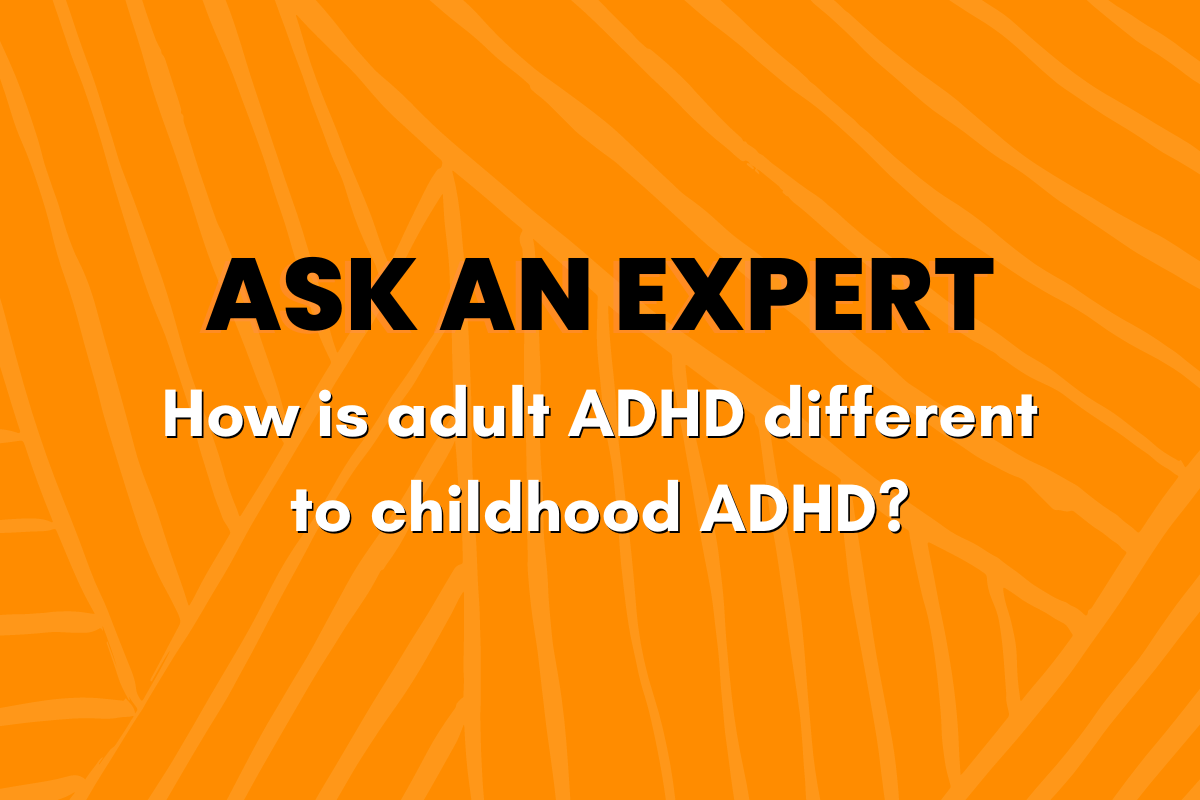
We spoke with adult psychiatrist Dr Peter Hoey to find out the difference between adult ADHD and childhood ADHD.
Here's what he had to say.
According to Dr Hoey, between two to three per cent of the adult population have been diagnosed with ADHD, with the rate being slightly higher in men than women.
"There is of course a good deal of continuity between childhood and adult symptoms, however there are some noticeable differences too."
While childhood ADHD is often associated with symptoms such as fidgeting and difficulty sitting still, in adults, Dr Hoey said physical hyperactivity and impulsive symptoms are less obvious.
"Adults tend to have reigned this in more, so they might simply feel very internally restless instead. Distractibility and procrastination are evident over the lifespan, but in adulthood they have greater impacts on achievements in education and work which are more consequential."
Instead, inattentive symptoms are more pronounced, with adults struggling with a lack of focus and disorganisation, which can often impact deadlines and time management.
"The gap between potential and achievements becomes wider and more evident," adds Dr Hoey.
"Having ADHD is akin to being in a game of football in which you’re playing on a field always tilted 15 degrees against you. Consequently, as the game (life) goes on, you tend to get more discouraged and exhausted. By the time you’re an adult you’ve become used to losing games, causing low self-esteem and depression, and being anxious about playing on."

